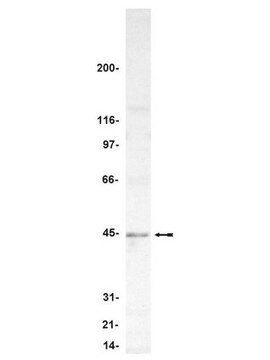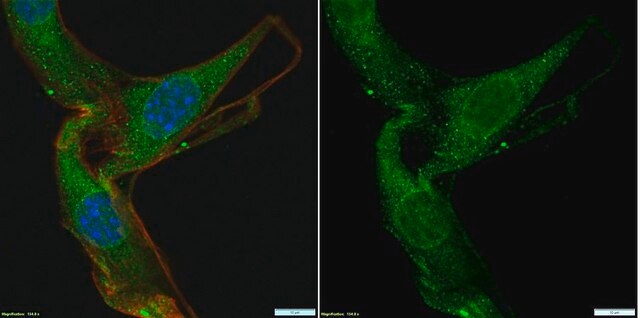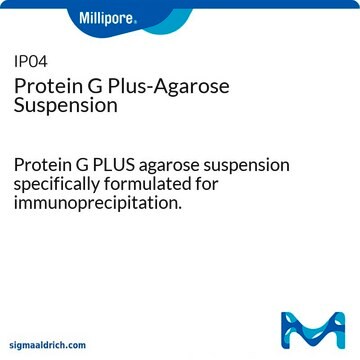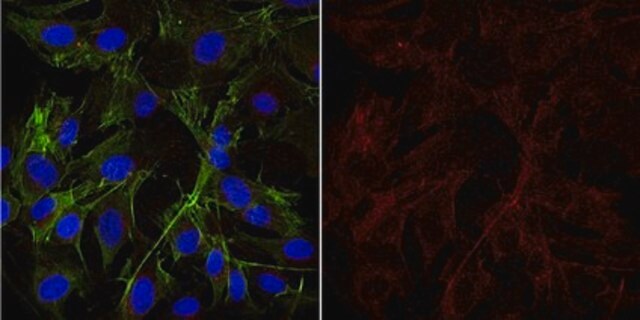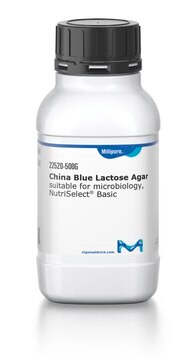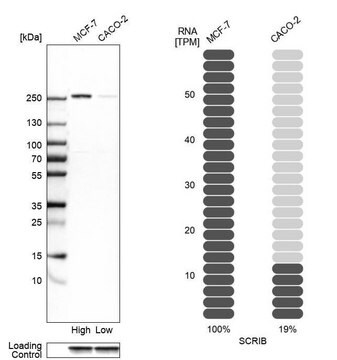MABE243-I
Anti-Histone H3. X/Y Antibody, clone 8H6-2111
clone 8H6-2111, from rat
Sinónimos:
Histone H3 X/Y, H3 X/Y
About This Item
Productos recomendados
biological source
rat
Quality Level
antibody form
purified antibody
antibody product type
primary antibodies
clone
8H6-2111, monoclonal
species reactivity
human
species reactivity (predicted by homology)
primate (based on 100% sequence homology)
technique(s)
immunocytochemistry: suitable
isotype
IgG2aκ
shipped in
ambient
target post-translational modification
unmodified
Gene Information
human ... H3Y1(391769)
General description
Specificity
Immunogen
Application
Epigenetics & Nuclear Function
Quality
Immunocytochemistry Analysis: A 1:250 dilution of this antibody detected Histone H3. X/Y in U2OS cells with and without serum starvation.
Target description
Linkage
Physical form
Storage and Stability
Other Notes
Disclaimer
¿No encuentra el producto adecuado?
Pruebe nuestro Herramienta de selección de productos.
Storage Class
12 - Non Combustible Liquids
wgk_germany
WGK 1
Certificados de análisis (COA)
Busque Certificados de análisis (COA) introduciendo el número de lote del producto. Los números de lote se encuentran en la etiqueta del producto después de las palabras «Lot» o «Batch»
¿Ya tiene este producto?
Encuentre la documentación para los productos que ha comprado recientemente en la Biblioteca de documentos.
Nuestro equipo de científicos tiene experiencia en todas las áreas de investigación: Ciencias de la vida, Ciencia de los materiales, Síntesis química, Cromatografía, Analítica y muchas otras.
Póngase en contacto con el Servicio técnico